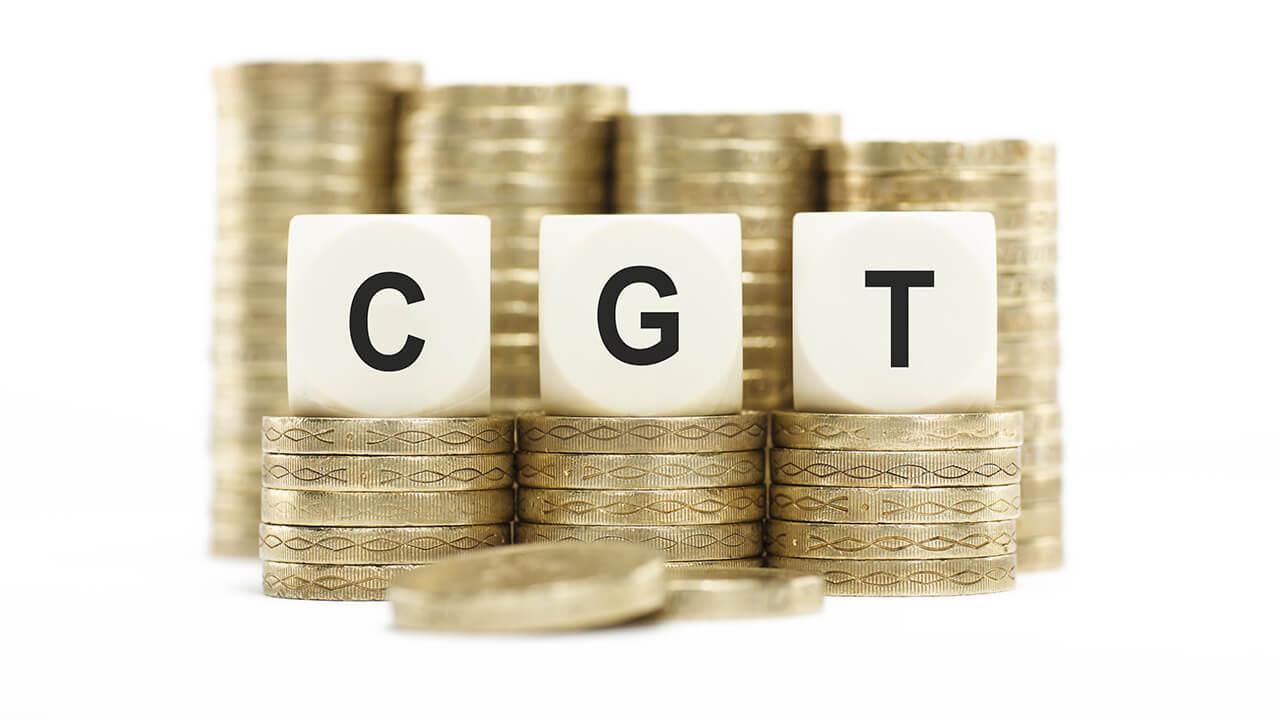Capital Gains Tax (CGT) is a tax on the profit (the gain) that you make when ‘disposing’ of an asset that you own. In this article, we answer some of the common questions that are frequently asked.
What is Capital Gains Tax?
CGT is the tax due on any gains that are made, by an individual, making a one-off disposal of an asset(s). Repeat purchases and sales can be classed as a trading activity and would then be subject to business taxation.
What is a gain?
A gain is the profit made on an asset when it is sold.
What if I make a loss?
Losses, in excess of gains made in the same year, can be carried forward and offset against future gains.
What counts as an asset and are there exemptions?
An asset is anything that is not excluded. The main exclusions include:
- cars
- some EIS, VCT and SEIS shares
- foreign currency
- shares in ISAs
- gilts
- wasting chattels and chattels bought and sold for under £6,000.
What is a chattel?
A chattel is any physical possession, a moveable, tangible asset e.g furniture.
A wasting chattel is a chattel with an expected useful life of less than 50 years. Examples of these would be cars or watches.
Who is liable to pay Capital Gains Tax?
Anyone who is a resident in the UK for tax purposes would be liable to pay CGT on assets they dispose of worldwide.
Non-UK residents are not generally liable to pay unless they are disposing of UK land and property.
What counts as a disposal?
Disposals include sales, gifts, partial transfers, and loss/destruction.
How much will I pay?
Everyone is entitled to an annual exempt amount. Currently this is £12,300 but drops to £6,000 for disposals after 5 April 2023. Amounts above this are calculated in accordance with the usual basic and higher rate income bands and consider all forms of income for the tax year.
For residential property the basic rate of CGT is 18% and the higher rate is 28%. For all other assets the basic rate is 10% and the higher is 20%.
Will I pay Capital Gains Tax on my house?
In most cases people are allowed to nominate one principal residence which is then subject to principal private residence relief. This covers the CGT liability based on the period the property has been a person’s principal residence versus the amount of time they have owned it.
Are there any reliefs available?
Transfers between spouses and civil partners are calculated as no loss, no gain transactions meaning that assets may be transferred so that both partners’ annual allowances as well as their basic rate bands can be utilised upon disposal.
Certain transfers on separation or divorce are also at a no loss no gain.
Gift relief and business asset disposal relief are also available for trading assets and shares and each have varying conditions that need to be met in their individual circumstances.
Gains can be deferred if the proceeds are invested into EIS qualifying shares, or partially exempted if investing into SEIS shares. There are various time limits to take into account with these reliefs, and the investment into the EIS/SEIS companies would need to match your investment risk profile, therefore financial advice is always recommended.
Where assets are used in a trading business are replaced, the gain can often be rolled into the new asset. This defers the CGT liability until the new asset is sold.
Pension contributions and gift aid donations can also be made to increase your basic rate band and so reduce the amount of CGT due.
How do I declare and pay for a gain?
Since April 2020 residential property gains need to be reported within 60 days and the estimated tax paid. Once the tax year has finished and a final tax bill calculated, any outstanding amount owed will be due by 31 January the following year.
For UK residents, residential property sales that result in a loss or a nil gain do not need to be reported within 60 days.
For non-UK residents, all UK residential property sales need reporting within 60 days.
Any other gains need to be reported, as part of the annual self-assessment tax return, by 31 January after the tax year has ended.
What if I need any further information?
This article is a brief overview of CGT, if you have made or planning on making a disposal and are not sure how your will be taxed, or if any steps can be taken to mitigate your liability then please contact us.
If you have any questions about the above, or would like more information specific to your circumstances, please enter your email address below and we will get in touch:













